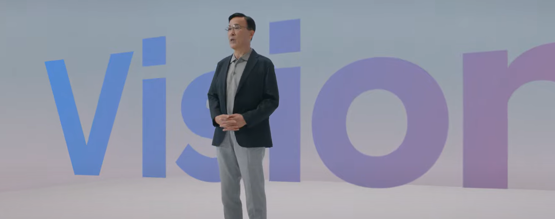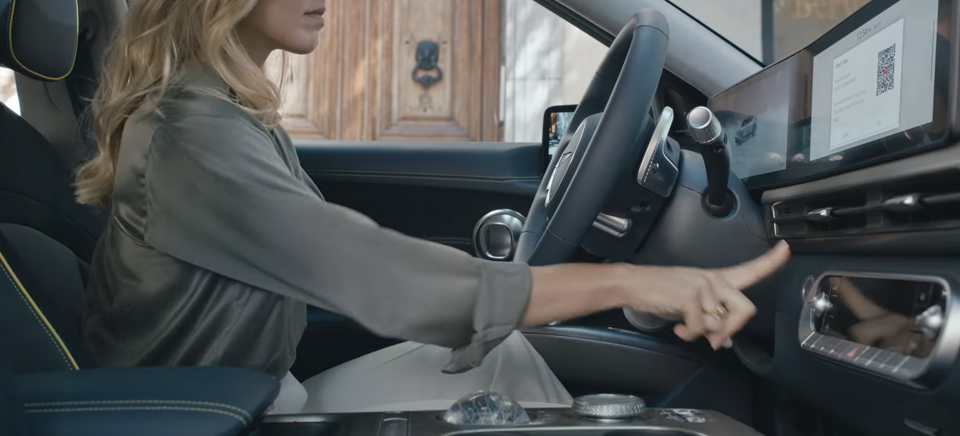Hyundai Motor Group plans to invest £11.4bn in a new global software centre and research and development (R&D) headquarters by 2030 as it targets a new era defined by pioneering connected car technologies.
In a global forum presentation delivered this morning (October 12) the Korean carmaker revealed its intention to transform all vehicles to Software Defined Vehicles (SDVs) by 2025 through the development of a new Connected Car Operating System (ccOS) will offer customers personalized services and process data at “blazing speeds”.
Standardisation of the system across the Hyundai, Genesis, Kia and Ioniq brands will provide cost-savings and drive profitability, it claimed, while also facilitate the provision of new mobility solutions.
Hyundai Motor Group plans to invest £11.4bn in a new global software centre and research and development (R&D) headquarters by 2030 as it targets a new era defined by pioneering connected car technologies.
In a global forum presentation delivered this morning (October 12) the Korean carmaker revealed its intention to transform all vehicles to Software Defined Vehicles (SDVs) by 2025 through the development of a new Connected Car Operating System (ccOS) will offer customers personalized services and process data at “blazing speeds”.
Standardisation of the system across the Hyundai, Genesis, Kia and Ioniq brands will provide cost-savings and drive profitability, it claimed, while also facilitate the provision of new mobility solutions.
Mobility and connectivity
Mobility solutions, including Purpose Built Vehicles (PBVs), Advanced Air Mobility (AAM), robotaxis and robots are all parts of its plan.
 Speaking at this morning’s global forum in Seoul, Chung Kook Park, the president and head of Hyundai Motor Group’s R&D division, said: “By transforming all vehicles to software defined vehicles by 2025, Hyundai Motor Group will completely redefine the concept of the automobile and take the lead in ushering in a never-before-experienced era of mobility.
Speaking at this morning’s global forum in Seoul, Chung Kook Park, the president and head of Hyundai Motor Group’s R&D division, said: “By transforming all vehicles to software defined vehicles by 2025, Hyundai Motor Group will completely redefine the concept of the automobile and take the lead in ushering in a never-before-experienced era of mobility.
“Creating visionary vehicles empowered with the ability to evolve through software will enable customers to keep their vehicles up to date with the latest features and technology long after they have left the factory.”
Back in December last year Stellantis revealed its plans to accelerate its turnover from software-enabled services and subscriptions to €4bn (£3.4bn) in 2026 and €20bn (£17bn) in 2030 as it targets a transition to a new role as a “sustainable mobility tech company”.
Volkswagen plans to run all new models on its vw.os operating system by 2025 after tasking its Cariad software subsidiary with creating the new technology in-house as part of its plans for a connected car future, while Toyota’s Woven Planet operation aims to introduce its Arene operating system.
Hyundai Motor Group expects its connected cars to deliver 20 million subscriptions by 2025.
The technology will aloe customers to not only remotely upgrade their vehicles software systems and take out service subscriptions, but will also provide the possibility of upgrading the performance of their vehicles, it said, in a process which could enhance residual values.
Streamlined EV platforms
Also looking to drive value and profitability for the OEM will be an increased focus on streamlining platforms across its various brands to reduce development time and productions costs.
The approach mirrors that taken by Renault as part of its Renaulution strategy.
In 2025, it said, new EV platforms – named eM and eS – would be presented under the Group’s Integrated Modular Architecture (IMA) system, offering a 50% improvement in driving range compared to current EVs.
The eM platform is also being developed to support Level 3 or higher autonomous driving technology and OTA software update features.
The eS platform, meanwhile, will be developed as an EV ‘skateboard’ exclusively for Purpose Built Vehicles (PBVs), with a fully flexible structure to meet B2B demands.
Paul Choo, Hyundai Motor Group executive vice-president and head of its electronics and infotainment development centre, said: “These new platforms are evolving under Hyundai Motor Group's 'Integrated Modular Architecture', which will lead to further standardization and modularization of core components of electric vehicles, such as batteries and motors, while offering advantages in sectors additional to electric vehicles.”
Login to continue reading
Or register with AM-online to keep up to date with the latest UK automotive retail industry news and insight.















Login to comment
Comments
No comments have been made yet.